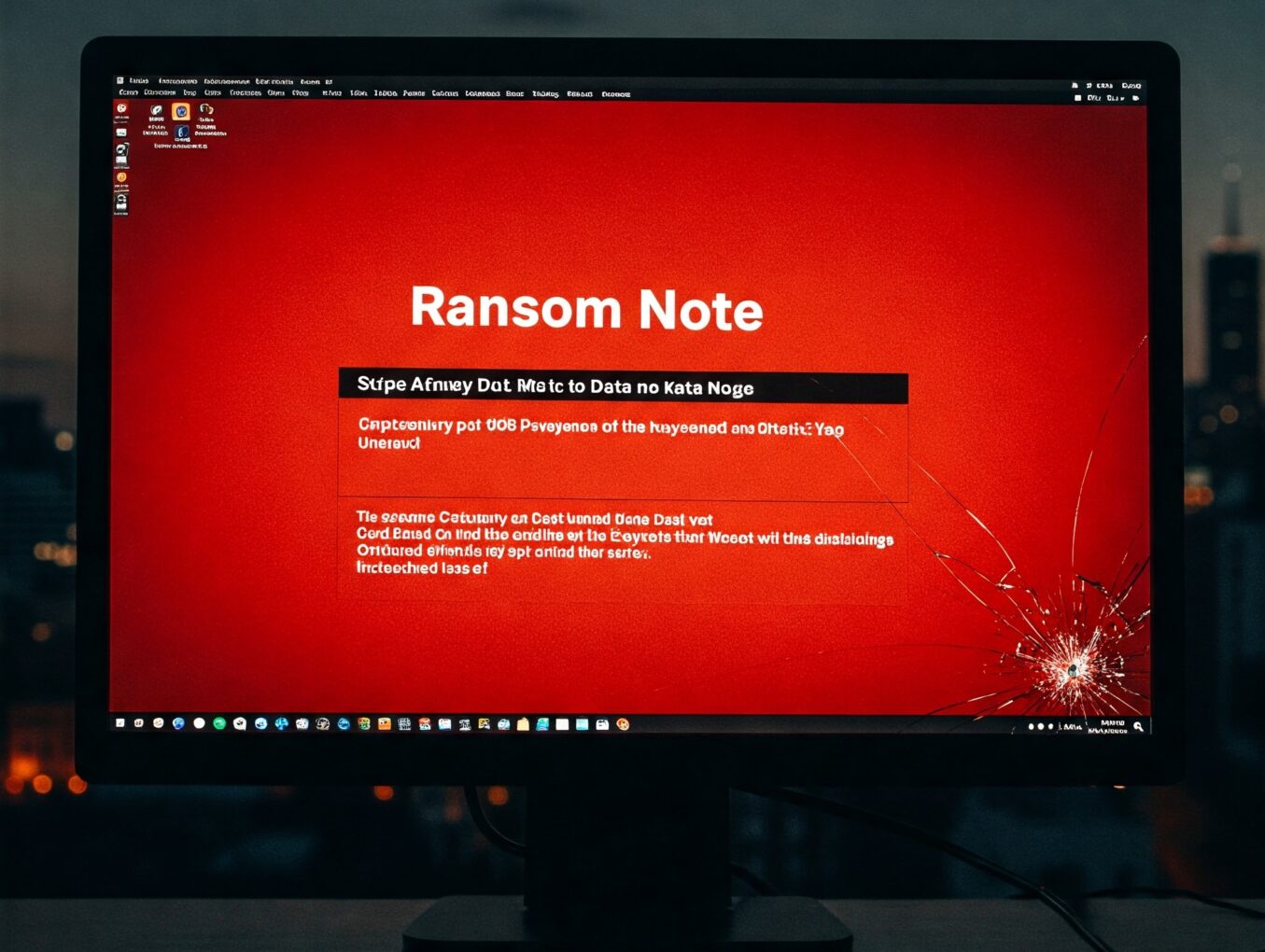Data backups are your best defense against the devastating impact of ransomware. Imagine this: you arrive at work, coffee in hand, ready to tackle the day, only to find your computer screen displaying a chilling message. All your files – crucial documents, customer databases, financial records – have been encrypted, held hostage by cybercriminals demanding a hefty ransom for their release. This is the nightmare scenario ransomware presents.
Ransomware attacks are becoming increasingly sophisticated and prevalent, targeting individuals, businesses of all sizes, and even critical infrastructure. Once your system is infected, the attackers lock your data with strong encryption algorithms, rendering it inaccessible. Paying the ransom is a gamble, with no guarantee that you’ll actually receive the decryption key. Even if you do, you’ve emboldened the criminals and potentially funded future attacks.
This is where data backups shine as a beacon of hope. A reliable backup strategy involves regularly creating copies of your important data and storing them securely, separate from your primary systems. Think of it as having a spare key to your digital kingdom. If ransomware strikes, you can simply wipe your infected systems and restore your data from the clean backups, minimizing downtime and avoiding the need to pay the ransom.
A robust backup plan should include:
- Regular backups: Schedule backups frequently based on how often your data changes. Daily backups might be necessary for some businesses, while weekly backups could suffice for personal use.
- Multiple backup locations: Don’t rely on a single backup. Store copies both locally (e.g., on an external hard drive) and offsite (e.g., in the cloud or a physically separate location). This protects against local disasters like fires or hardware failures.
- Testing your backups: Periodically test your restoration process to ensure your backups are working correctly and you know how to recover your data quickly.
- Air-gapped backups: For critical data, consider “air-gapped” backups that are physically disconnected from your network, making them virtually immune to ransomware attacks.
In conclusion, while preventative measures like strong passwords, up-to-date antivirus software, and employee training are crucial in reducing the risk of ransomware attacks, data backups are your ultimate safety net. Investing in a comprehensive and well-tested backup strategy is not just good practice – it’s an essential step in safeguarding your valuable digital assets in an increasingly dangerous cyber landscape.
